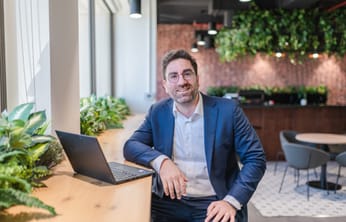
AI For The Arab World
The rise of Arabic-specific AI models in Saudi Arabia is redefining industries with their accessibility and efficiency While generative artificial

How Saudi Arabia’s fast-paced trajectory toward achieving its ambitious sustainability goals is set to make a lasting positive impact on the world at large.
Saudi Arabia’s Vision 2030, a one-of-a-kind transformative economic and social reform blueprint for the Kingdom, had placed sustainability at the forefront of its national agenda much before the world at large had fully woken up to the importance of environmental, social, and governance goals for businesses.
From one side, Saudi Arabia’s commitment to sustainability is a necessity due to its harsh environmental conditions- for example, with 80% of the food in KSA being imported, the Kingdom has had to look for ways to develop local, sustainable food production and security.
However, there also seems to have been much future foresight involved, as recent global events -be it a global pandemic, unforeseen weather changes in certain parts of the world, or the war in Ukraine causing energy supply shocks and inflation- call attention to the need to push forward sustainability agendas, both within individual organizations and economies at large.
In the global arena, Saudi Arabia is known as the world’s second largest oil producer, accounting for roughly 15% of global output- but it is also one of the most proactive creators of an environmentally friendly future for all.
Vision 2030’s general plan to protect the environment and improve the quality of life in Saudi Arabia and the MEA region -for now and for future generations- is being implemented through a number of high-level strategies and initiatives, such as the Saudi Green Initiative, which aims make the Kingdom carbon-neutral by 2060, but its goals are also being cascaded down to businesses of all sizes, or even individuals helping plant trees in the desert.
With an aim to assess how cutting-edge technological solutions help the Kingdom on this ambitious path of creating a green future for the world, we first spoke with Fahad Al Anazi, General Manager of IBM Saudi Arabia, an international giant whose presence in the kingdom can be traced all the way back to 1947, when it installed the region’s first computer at Saudi Aramco.
Sustainability is placed very high on IBM’s global agenda, Al Anazi explains, and in 2021, the company announced a goal of net-zero greenhouse gas emissions by 2030 across all the countries in which it operates. However, in Saudi Arabia, IBM’s work has been even more proactive, as the Kingdom’s unique sustainability ambition has had to be turned into action through data-driven innovation.
“IBM has a long history with sustainability, it is a core business principle that is integrated in all our business sectors,” Al Anazi says. “In Saudi Arabia, we have been working with government and private sectors to change their mindset around sustainability, emphasizing its importance across all industries.”
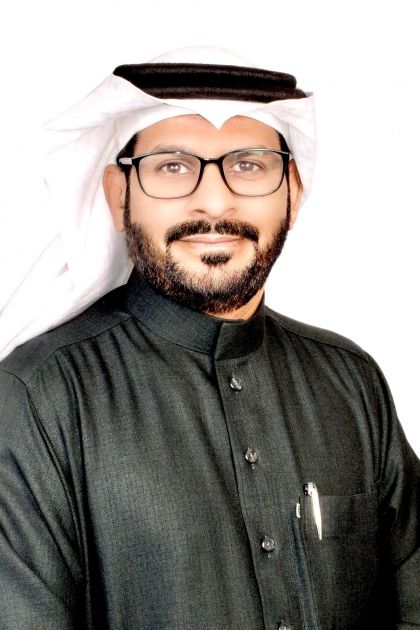
Some of the most recent IBM’s sustainability-focused initiatives in Saudi Arabia include working with the Saudi Water Transmissions and Technologies Company (WTTCO) to implement SAP modules on environment, health, and safety (EHS), as well as on governance, risk, and compliance (GRC). Plus, IBM has been working with the Saudi Arabia Data and AI Authority (SDAIA) and the country’s Ministry of Energy to adopt IBM’s artificial intelligence (AI) offerings to accelerate sustainability initiatives in the kingdom. “IBM’s AI and satellite imagery technology will enable the detection and management of greenhouse gases across the Kingdom,” Al Anazi notes.
Zainab Alamin, Vice President of Digital Transformation and Sustainability at Microsoft, can also attest to the Kingdom’s commitment to sustainability. In her opinion, the Kingdom’s Vision 2030 and Saudi Green Initiative’s goals of combating climate change and improving the quality of life for all need to facilitate collaboration between the public and private sectors as well as the whole-of-society. Alamin adds, “This includes work toward achieving net zero emissions by 2060, increasing domestic generation capacity of renewables by 50% by 2030, and planting 10 billion trees throughout the country.”
According to Alamin, it’s easy to understand why the MENA region -and especially Saudi Arabia- place sustainability so high on their agendas. While the MEA region has the lowest contribution to greenhouse gas emissions (it stands at just 5% from a global perspective), it, however, remains the most vulnerable to the effects of climate change with average temperatures rising faster than anywhere else. “That is why Saudi Arabia continues to take centerstage and lead by example globally, and Microsoft believes that it indeed can remain a leader in sustainability by adapting further tech solutions offered across the region to increase sustainable working practices that will help expedite progress even more,” Alamin adds.
While Microsoft has ambitious sustainability targets worldwide, Alamin believes that its work on the world’s most pioneering regenerative tourism project -Red Sea Global in Saudi Arabia- has set new benchmarks. “Managing the hundreds of ever-shifting key performance indicators (KPIs) across multiple departments was only possible with the deployment of Microsoft Sharepoint and Power Platform, and with it, KPI reporting was accelerated, team collaboration was improved, and the project was kept firmly on track toward achieving its goals,” Alamin says. “The impressive levels of data consolidation and analysis has contributed vastly to this destination, which, when completed, will comprise some 22 islands and six inland sites housing hotels, leisure, commercials and entertainment amenities, all operating under sustainable principles, and will employ 70,000+ people.”
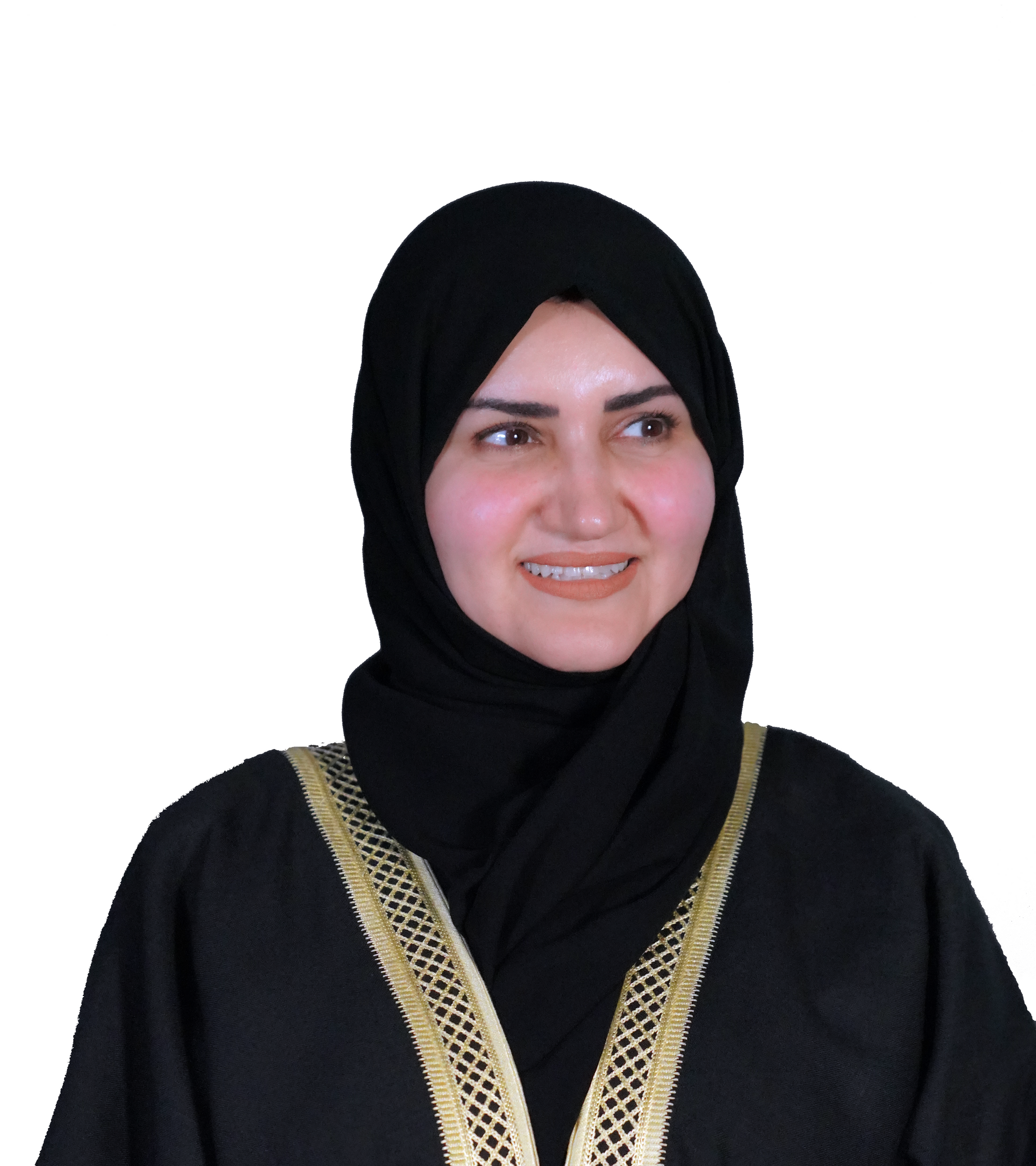
Alamin also highlights other successful sustainability initiatives that her company has driven in Saudi Arabia, which includes the Microsoft Sustainability In Action Badge, a training exercise that aims to educate people on fundamental sustainability concepts like carbon negativity and circularity, as well as its Sustainability Dialogues podcast, which has encouraged numerous business leaders to make a more positive contribution toward the environment in which they operate. “Of course, Microsoft remains a large company and with global operations, and so it’s important that we tailor our approach to each region, bespoke to the unique challenges each faces,” Alamin says. “Working to the ‘think global, act local’ mantra, we’re able to utilize our size and resources to best make positive impacts.”
When it comes to the private sector, it appears that the CEOs around the world are not as committed to adopting sustainability initiatives as they are in Saudi Arabia. Research data by the IBM Institute For Business Value shows that, although, globally, four out of five CEOs expect sustainability and ESG investments to improve business results in the next five years, only 23% of CEOs say they are fully implementing sustainability strategies across their organizations today. ”Regulatory, consumer, and boardroom pressures are only increasing, and companies must demonstrate meaningful and timely progress against their public commitments,” IBM’s Al Anazi points out. “However, many companies know the time to act is now, but progress is hindered by a lack of expertise or not knowing where to start. Their challenge is to make it a true business driver, while delivering return on investment.”
IBM’s annual CEO study, which surveyed over 60 CEOs in Saudi Arabia, found that nearly half of the respondents rank sustainability as a top priority for their respective organizations, which is an increase of 37% from 2021. “Around 62% of the respondents said that increasing sustainability is one of their highest priorities for their organization in the next two to three years, which is 14% more than the global average surveyed,” Al Anazi notes. “However, it is critical for organizations to not just speak about sustainability, but put sustainability at the heart of their operations.”
One way in which IBM supports businesses to adopt more sustainable business practices is the IBM Impact , a reporting tool that encompasses a set of 21 environmental commitments and a know-how for other businesses for achieving them. ”For instance, regarding the target of achieving net zero greenhouse emissions by 2030, we will achieve it by focusing on short-term objectives, such as acquiring 75% of the electricity IBM consumes worldwide from renewable sources in just the next three years,” Al Anazi explains. “We firmly believe that putting sustainable foundations in place now will position us for a more efficient, resilient, and inclusive world for the betterment of future generations.”Alamin adds here that Microsoft is also supporting businesses across KSA with a variety of tools to help them adopt more sustainable business practices, including the knowledge-sharing platform Microsoft Founders Hub, as well as The Planetary Computer, which offers businesses a multi-petabyte catalog of global environment data in large open-source sets for analysis, work, and application development.
When it comes to sustainability-focused businesses in Saudi Arabia that make use of support from entities like IBM and Microsoft, the startup known as RedSea (formerly called Red Sea Farms) can be a great example. RedSea is an agtech business whose technology enables commercial farming by using a lower energy, zero freshwater sustainable climate control.
To explain the environmental impact that sourcing sustainable fruit and vegetables can have, Ryan Lefers, co-founder and Chief Executive Officer of RedSea, says that if all tomatoes consumed annually in Saudi Arabia were grown with RedSea’s cooling technology, 80,500 tons of carbon dioxide emissions would be saved- the equivalent of over 3,000 flights from Riyadh to Dubai. But achieving this, Lefers adds, cannot be done with siloed efforts. “Being a startup coming out of King Abdullah University of Science and Technology (KAUST) has provided RedSea with access to expertise, a global and regional network and levels of goodwill and support within Saudi Arabia that have helped to overcome obstacles as a business,” he says.
Indeed, RedSea has enjoyed rapid progress that is reflected in it becoming the main supplier of Red Sea Global, completing a new commercial-scale six-hectare technology retrofit site near Riyadh, opening a research and development facility at KAUST, as well as its expansion into the US. Other notable partnerships include an agreement with the national flag carrier of Saudi Arabia, Saudia, to provide its guests with sustainable, high quality, locally-sourced meal options both in-flight and at airport lounges.
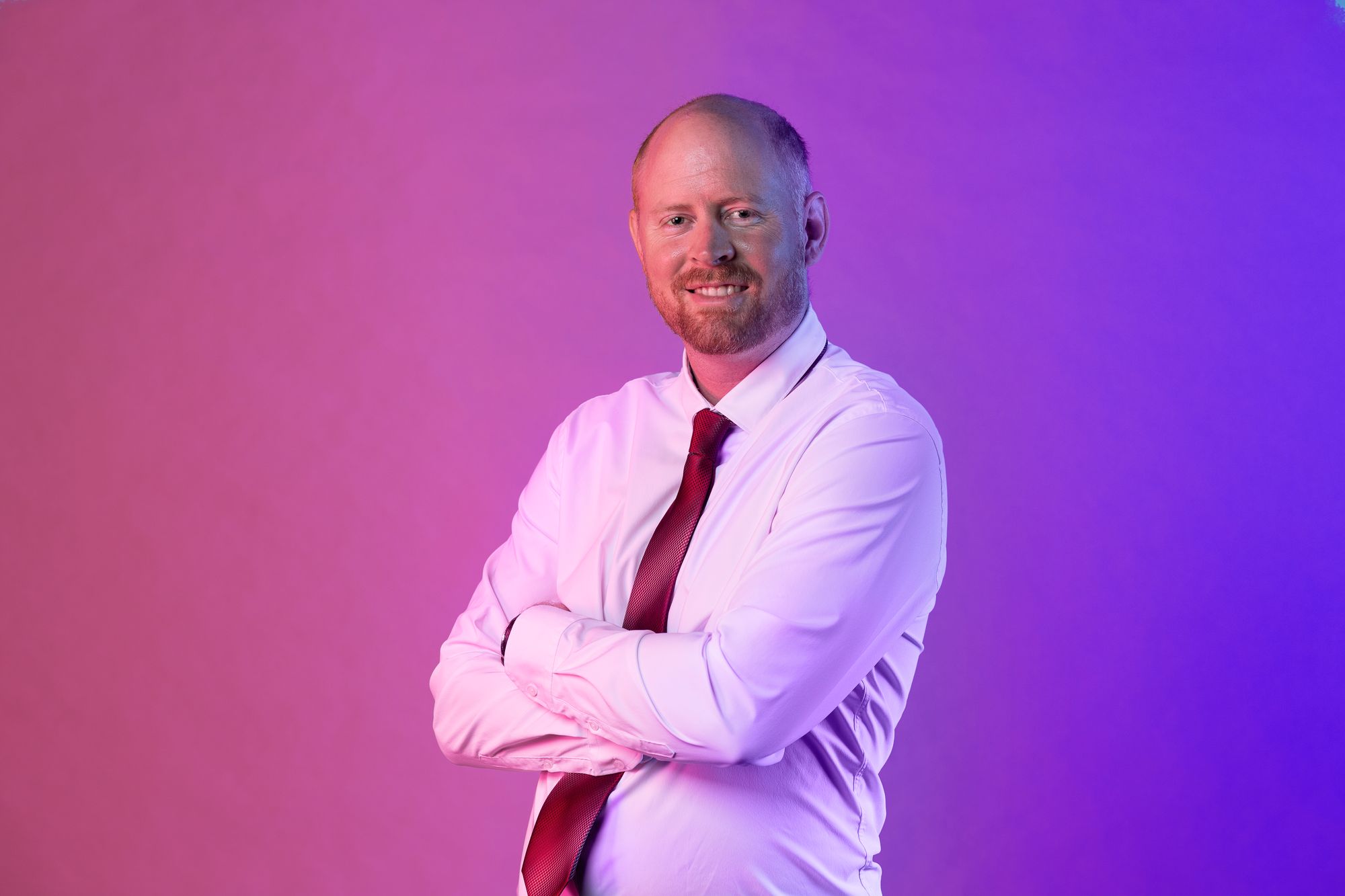
Looking back at the beginnings of RedSea, Lefers explains that together with his co-founders plant scientist Mark Tester and material scientist Derya Baran, he chose Saudi Arabia for the initial deployment of their startup’s offering exactly because they had noticed the kingdom’s increased appetite for innovation. “The plan was always to take the technology to other water-scarce, hot climates of the world with similar growing challenges, making Saudi Arabia the ideal incubator and testing ground,” Lefers says. “Not only was Saudi Arabia where it all started, it has also been ripe with opportunities for us. From our Saudi-based investor community, to commercial partners like Red Sea Global, we have experienced a very positive reception to our sustainable technologies, business model, and our produce brand. We are proudly Saudi-made, which, according to feedback, resonates with the communities in which we operate.”
RedSea’s other partnerships also highlight the great support for sustainability businesses in KSA- it’s a list that includes brands like Carrefour, Panda, AlRaya, and Tamimi, all of whom stock the startup’s locally-grown produce, and promote healthy and organic eating habits in line with Vision 2030. “This again reiterates the importance of commonality in values, and shows how partnerships can be formed when smaller sustainability businesses are able to address larger goals and visions of large private sector players, and the nation’s objectives and goals,” Lefers says. “And that is why my biggest piece of advice for other sustainability-focused companies would be to have a complete focus on your mission, and live the values that you stand for. Then find like-minded partners with complementary business models, and who are aligned with your sustainability goals.”
Going forward, Microsoft’s Alamin calls for acceleration programs that can focus on sector-specific initiatives in order to address the idiosyncrasies and challenges of each. To provide an example, Alamin mentions the $500 billion smart city NEOM which is currently being built in the north-western part of Saudi Arabia, and which encompasses four projects- The Line, Trojena, Oxagon, and Sindalah. “NEOM’s OXAGON project, a futuristic industrial city that is expected to be the largest floating industrial complex in the world, is a great example of this [the need to provide tailor-made support],” Alamin says. “It is an accelerator launched to equip early-stage founders with the knowledge, expertise, resources, and professional network necessary to flourish, and build an investment-ready startup to attract venture capitalists and angel investors ready to speculate heavily on sustainability solutions that addresses the needs in the industry sector. More such programs are sure to help boost the Kingdom’s development and growth.”
That said, it’s clear that the Kingdom has already made a lot of headway in terms of furthering sustainability as a premise for businesses- and the future, in this particular regard, looks extremely bright as well. “There are many sustainability-centered startups making great strides in the Kingdom, and Vision 2030 has fueled innovation and entrepreneurship,” Lefers points out. “With all the strategies towards a circular economy, sustainability, and pivoting away from oil, there is no better place to deal with the roots of the problems and work towards global solutions.”
Discover the most outstanding articles.اكتشف أبرز المقالات.

Harnessing the power of digital twins to reimagine cities across the KSA and beyond. According to PwC’s 2022 report,

How Riyadh-based The Garage is contributing to a flourishing startup culture in Saudi Arabia In the heart of Riyadh, nestled
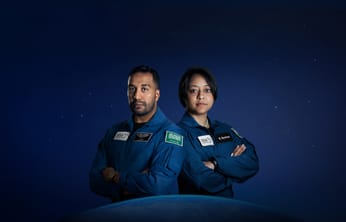
Saudi astronauts Rayyanah Barnawi and Ali Alqarni make history in giant leap for the kingdom. From earthbound dreamers to cosmic